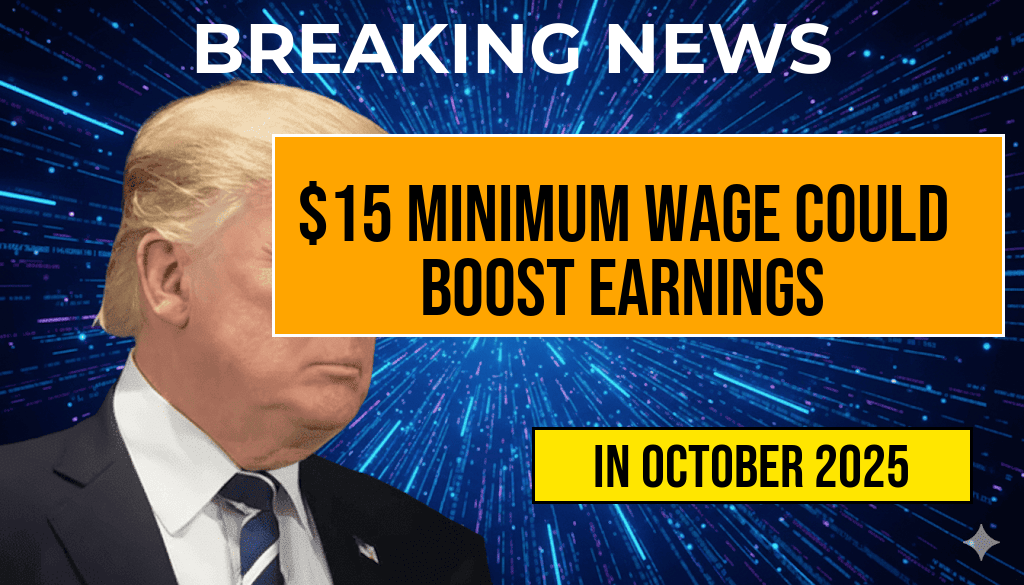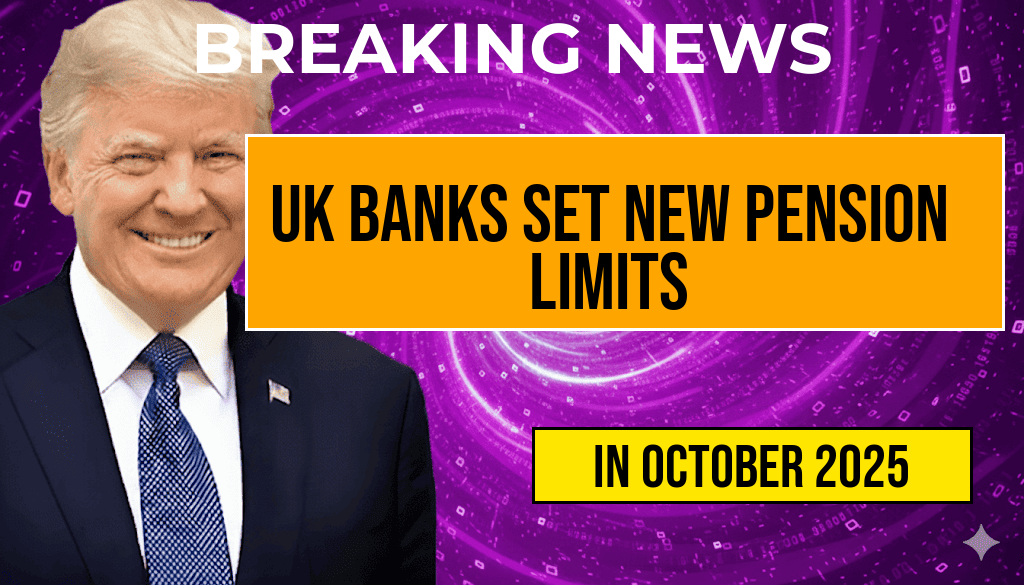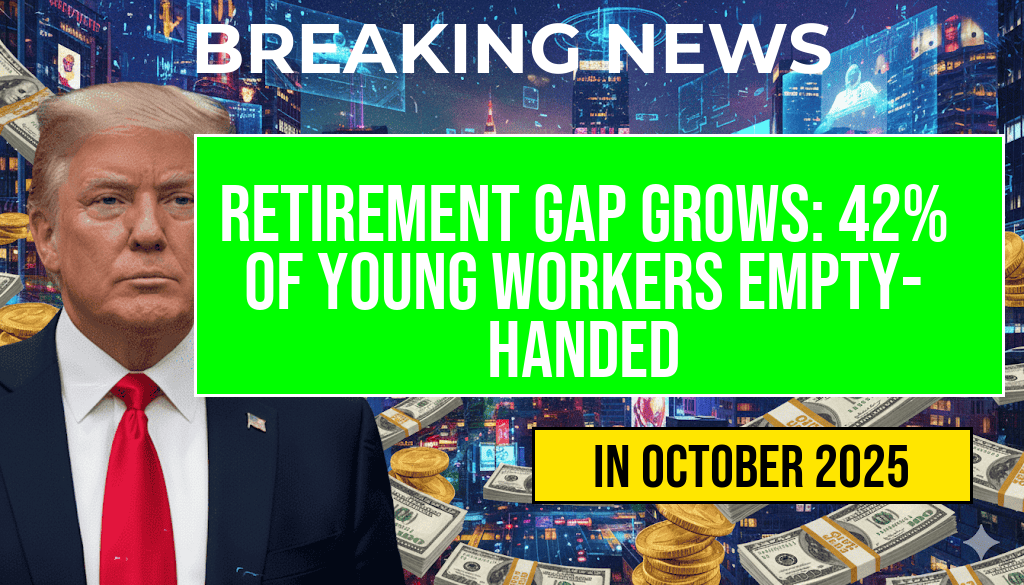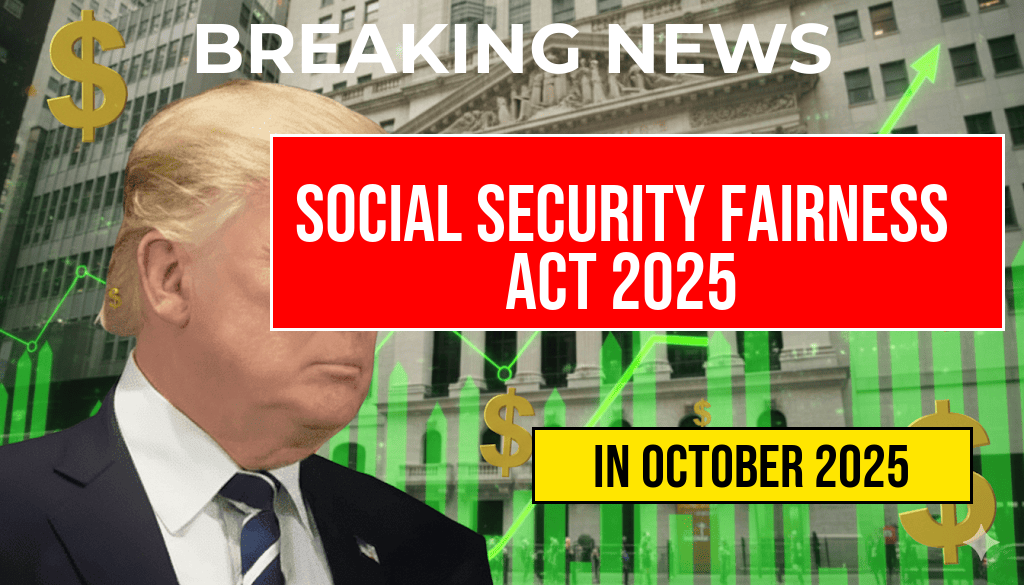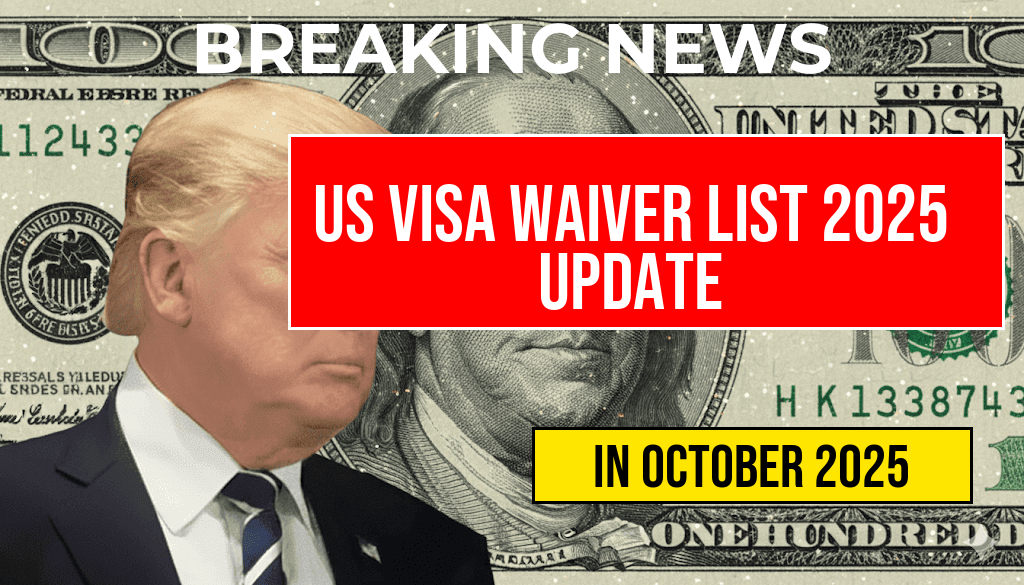Implementing a federal minimum wage of $15 per hour could significantly impact millions of American workers, according to a new study. Researchers estimate that approximately 32 million employees would see their annual earnings increase by around $3,300 on average. The potential boost in income could help narrow economic disparities and provide relief to low-wage workers amid rising living costs. The analysis examines the broader implications of such a policy shift, including effects on employment, business operations, and economic growth. While advocates argue that a higher minimum wage could foster economic stability for vulnerable populations, opponents raise concerns about possible job reductions and increased costs for employers. The findings arrive at a pivotal moment in policy debates surrounding income inequality and workers’ rights in the United States.
Potential Economic Impact of a $15 Minimum Wage
Significant Earnings Increase for Low-Wage Workers
The study, conducted by researchers at the Economic Policy Institute, projects that raising the federal minimum wage to $15 could improve annual earnings for 32 million workers—almost one-fifth of the national workforce. The average increase of about $3,300 per year would primarily benefit employees earning near the current federal minimum of $7.25 per hour, which has remained unchanged since 2009.
| Industry | Number of Affected Workers | Average Annual Earnings Increase |
|---|---|---|
| Retail | 10 million | $3,200 |
| Hospitality | 7 million | $3,500 |
| Healthcare Support | 3 million | $3,100 |
| Other | 12 million | $3,300 |
Broader Economic Implications
Proponents contend that boosting wages could stimulate consumer spending, as low-income households tend to allocate a larger share of their income to essentials such as housing, food, and transportation. The increased purchasing power might, in turn, foster economic activity and support local businesses. However, critics warn that higher labor costs could lead to increased prices, reduced hiring, or automation, potentially offsetting some benefits. The Congressional Budget Office (CBO) has previously projected that a federal minimum wage hike could marginally reduce employment levels, particularly among younger and less-educated workers, though the overall economic impact remains hotly debated.
Policy Context and Historical Precedents
National Debates on Wage Floors
The push for a $15 minimum wage gained momentum over the past decade, with several states and cities adopting higher minimums ahead of federal action. Notably, California and New York have set minimum wages at or above this level, citing the need to keep pace with living costs. The Biden administration has expressed support for raising the federal minimum to $15, aligning with a broader strategy to address income inequality and promote economic justice.
Economic Evidence from Previous Increases
Historical data suggests that moderate increases in the minimum wage can lift millions out of poverty without causing widespread job losses. A 2019 study published in the National Bureau of Economic Research found that recent hikes led to modest wage gains for low-wage workers without significant employment reductions. Nonetheless, the effects tend to vary across industries and regions, complicating efforts to predict outcomes uniformly.
Stakeholder Perspectives
Supporters Advocate for Economic Fairness
- Labor unions argue that a higher minimum wage is essential for ensuring a living wage and reducing reliance on federal assistance programs.
- Economists note that increasing earnings for low-income workers can have multiplier effects, fostering economic stability and upward mobility.
- Progressive policymakers see the move as a crucial step toward addressing systemic income disparities.
Opponents Express Caution
- Business associations warn that higher labor costs could lead to layoffs, reduced hours, or increased prices for consumers.
- Some economists caution that abrupt wage hikes could disrupt labor markets, especially in sectors reliant on minimum-wage labor.
- Advocates for small businesses highlight the challenge of absorbing increased payroll expenses without compromising competitiveness.
Next Steps in Policy Development
While the Biden administration has signaled support for raising the federal minimum wage, legislative approval remains uncertain amid political divisions. Lawmakers are weighing the potential economic benefits against concerns over employment effects and inflation. The issue continues to be a focal point in budget negotiations and economic policy discussions, with some states and cities independently advancing their own minimum wage initiatives.
For more detailed analysis on wage policies and economic impacts, consult resources such as the Wikipedia entry on minimum wage and reports from the Forbes coverage.
Frequently Asked Questions
What is the proposed new federal minimum wage?
The proposed federal minimum wage is fifteen dollars per hour, aiming to increase earnings for millions of workers across the country.
How many workers could benefit from the minimum wage increase?
Approximately thirty-two million workers could see a boost in their annual earnings if the minimum wage is raised to fifteen dollars per hour.
What is the estimated annual earnings increase for workers with the new minimum wage?
The study estimates that workers could see an increase of about three thousand three hundred dollars annually in their earnings with the proposed wage hike.
What are the potential economic benefits of raising the minimum wage to fifteen dollars?
Increasing the federal minimum wage could improve the financial stability of millions of low-wage workers, reduce poverty levels, and stimulate economic activity through increased consumer spending.
Are there any concerns or criticisms regarding the minimum wage increase?
Some critics argue that raising the federal minimum wage to fifteen dollars could lead to increased labor costs for businesses, potential job reductions, or inflationary pressures, though proponents emphasize the benefits of higher earnings for workers.

